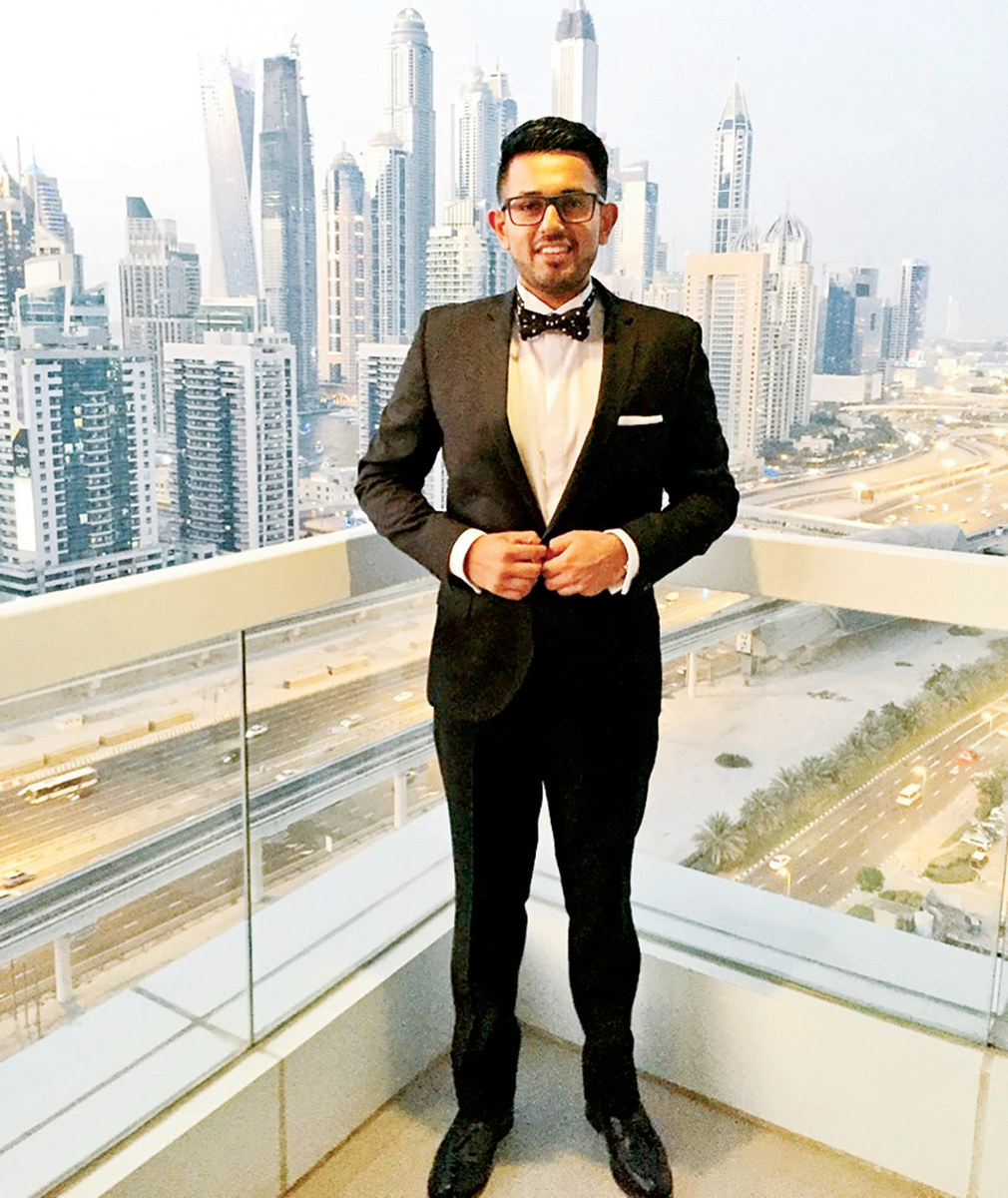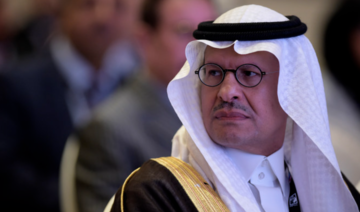CAIRO: Wasta, the Middle Eastern tech startup leading the path to purposeful connections, is getting ready to roll out its official launch in Saudi Arabia and the UAE within the next month.
“Wasta” in Arabic means influential or powerful social and professional connections to gain a career boost or proficiency.
Sometimes perceived as nepotism, the word is ubiquitous within Arab societies, and Shyam Visavadia, the co-founder of Wasta.ai, believes everyone should have the chance to utilize and build meaningful connections.
“Wasta wants to truly build a network designed to reflect the multifaceted nature of what people need to move forward in their entrepreneurial journey,” Visavadia told Arab News exclusively.
He further explained that the company is redefining its name to make it accessible and impactful for everyone.
Currently an invite-only platform, the company is planning to roll out its official mobile app to pre-registered users within the next month, where they will have access to a vast community of professionals.
Users can simply download the app, identify their interests and objectives and availability, and Wasta will curate a weekly 30-minute video call with professionals who share the same interests.
Stimulating conversations
The app uses client interests and objectives to automatically match users together, creating an easy way for professionals to connect with each other and expand their network.
“We aspire to build social capital by stimulating conversation, creating cross-border communities and promoting collaboration and problem-solving in high-growth markets. By breaking down the fear of networking, we facilitate casual conversations that lead to not-so-casual professional impact,” Visavadia explained.

The app uses client interests and objectives to match users together. (Supplied)
The company will charge its users a monthly subscription fee of $10 to get access to one new match every week as it plans to launch other premium packages with more features in the future.
Founded in 2021, Wasta managed to tackle a large market with an innovative way to support the rise of entrepreneurship in the region.
With 1,500 vetted members, the company has users ranging from students to senior executives from international companies like LinkedIn, SWVL, Careem, MEVP and Venture Souq, as well as thousands of other members currently on their waitlist.
“We help users meet professionals in the same industry, plant seeds for future clients and referrals, and simply make new connections,” Visavadia added as he shared multiple success stories through their platform.
Enabling businesses
Wasta managed to support a recruiter to make over $90,000 by utilizing connections through the platform; in addition, a founder was able to raise an initial seed investment for his company by meeting an angel investor on the app.
Other users have also used the platform with business owners and entrepreneurs, initiating conversations to support their expansion plans.
According to Visavadia, 75 percent of users have made meaningful connections with Wasta, as 40 percent state that they network online more than in person.
“Networking alone is responsible for filling as many as 85 percent of all jobs. Furthermore, 80 percent of professionals believe they can elevate their career success through professional networking,” he added.
Seeing huge momentum since its inception, Wasta has been operating without raising any funding as the founders managed to bootstrap their way into building a user-focused product.
Wasta was built on a no-code solution that supports the company’s movement to respond quickly to user feedback. Visavadia also stated that the company plans to build a diverse remote team.
He added that the company’s mantra for success is to listen to the customer and solve everyday problems affecting people’s lifestyles.
“Our goal is to make meeting people more fun, relevant, and meaningful. It’s not about aggregating connections but building a strong personal and professional network,” Visavadia added.
Wasta is aiming to fortify its presence in Saudi Arabia, gaining as much as 50 percent of its user base from the Kingdom. “Our plans are to go to high-growth markets like Saudi Arabia and address the issues of the growing need for entrepreneurial talent and startup companies,” Visavadia added.
The company currently has a user presence in UAE, Saudi Arabia, Egypt, Jordan, and Lebanon, with expansion plans to reach other markets in the Middle East and North African region.
“Wasta aspires to be the leading networking site in the Middle East, India and Africa for curating meaningful conversation, building professional connections, and forming new communities,” Visavadia stated.
Visavadia was a former senior manager at Saudi Arabia’s Public Investment Fund and has worked across the UK, UAE, and USA.
Lalita Chopra is the co-founder of Wasta and a former software engineer at Cognizant, an American multinational information technology services and consulting company.























